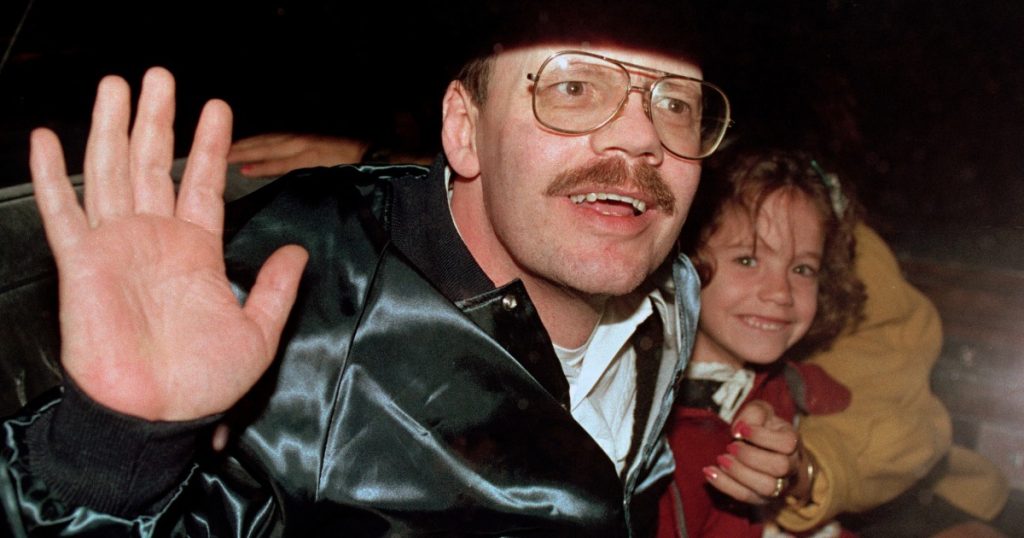Terry Anderson, a former Associated Press correspondent who was held hostage in Lebanon for almost seven years, has died at the age of 76. Anderson chronicled his abduction and imprisonment in his memoir “Den of Lions” and struggled with post-traumatic stress disorder after his release. He led a varied life after returning to the United States, working in different fields and even filing for bankruptcy in 2009. Despite his hardships, Anderson found solace in retirement on a horse farm in northern Virginia.
Anderson was kidnapped in 1985 by members of Hezbollah while reporting on the violence in Lebanon. He endured years of brutality, including beatings and threats of death, before his release in 1991. Anderson was the longest-held of several Western hostages taken by the militant group. Despite his ordeal, Anderson maintained his sense of humor and wit, often finding ways to push back against his captors. He struggled with the lingering effects of his captivity and sought therapy to work through his trauma.
After his release, Anderson reconciled with his daughter, Sulome, who had not seen him for many years. Sulome later wrote a book about her experience, traveling to Lebanon to confront one of her father’s kidnappers. Anderson praised her for her bravery and journalism skills, saying she was a better journalist than he ever was. Anderson’s relationships were complicated, having been married and divorced three times. His survivor include his two daughters, Sulome and Gabrielle.
Anderson was born in Ohio in 1947 and enlisted in the Marines after high school. He served in Vietnam before attending Iowa State University and beginning his career as a journalist. Anderson worked for the AP in several countries before going to Lebanon, where he was kidnapped after three years. Despite the dangers he faced, Anderson found his work in Lebanon to be intense and fascinating. His kidnapping took a toll on his personal life, leading to multiple divorces.
In his later years, Anderson settled on a horse farm in Virginia, where he enjoyed a quiet life. His long career as a journalist, as well as his experience as a hostage, left a lasting impact on him. Despite the challenges he faced, Anderson continued to find ways to connect with others and remain positive. His legacy as a journalist and survivor of captivity will be remembered by those who knew him.


